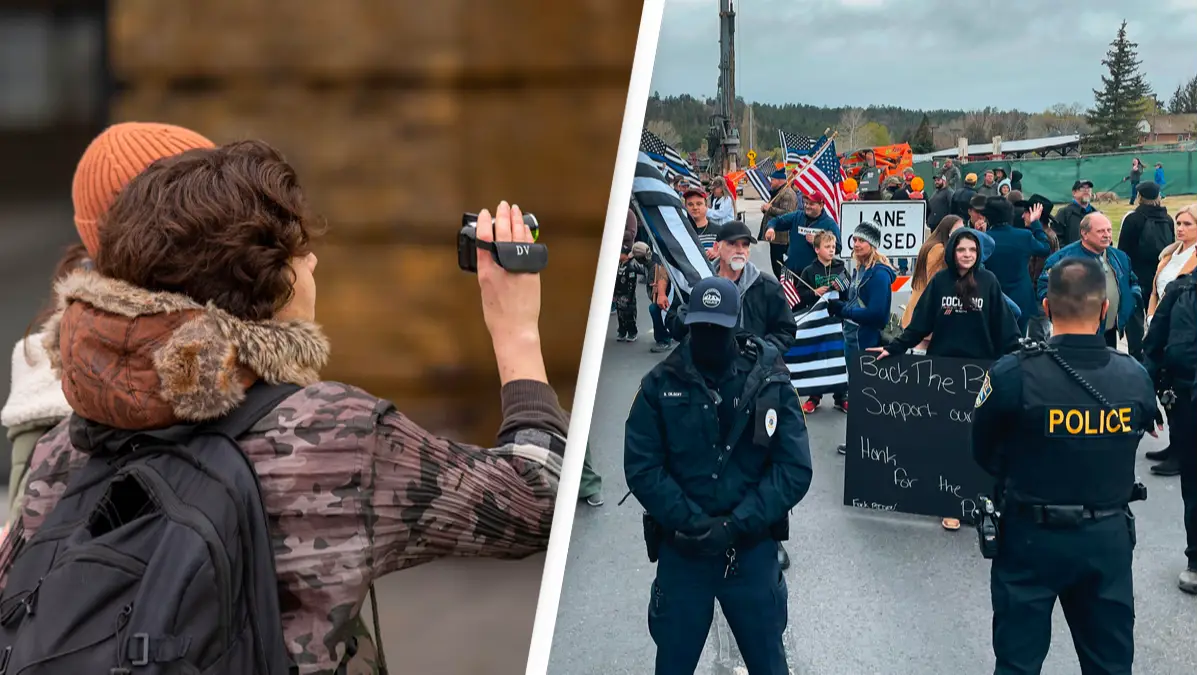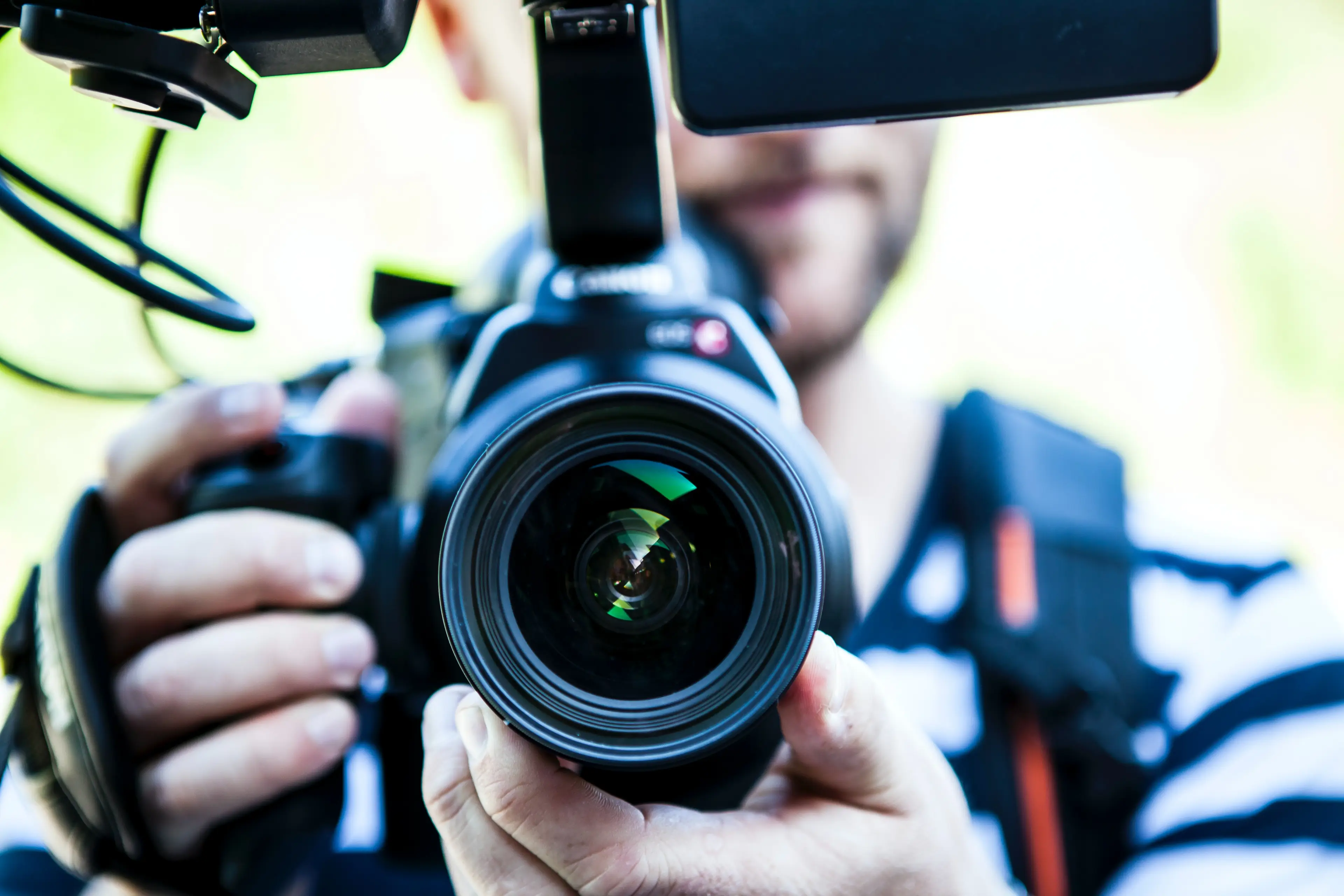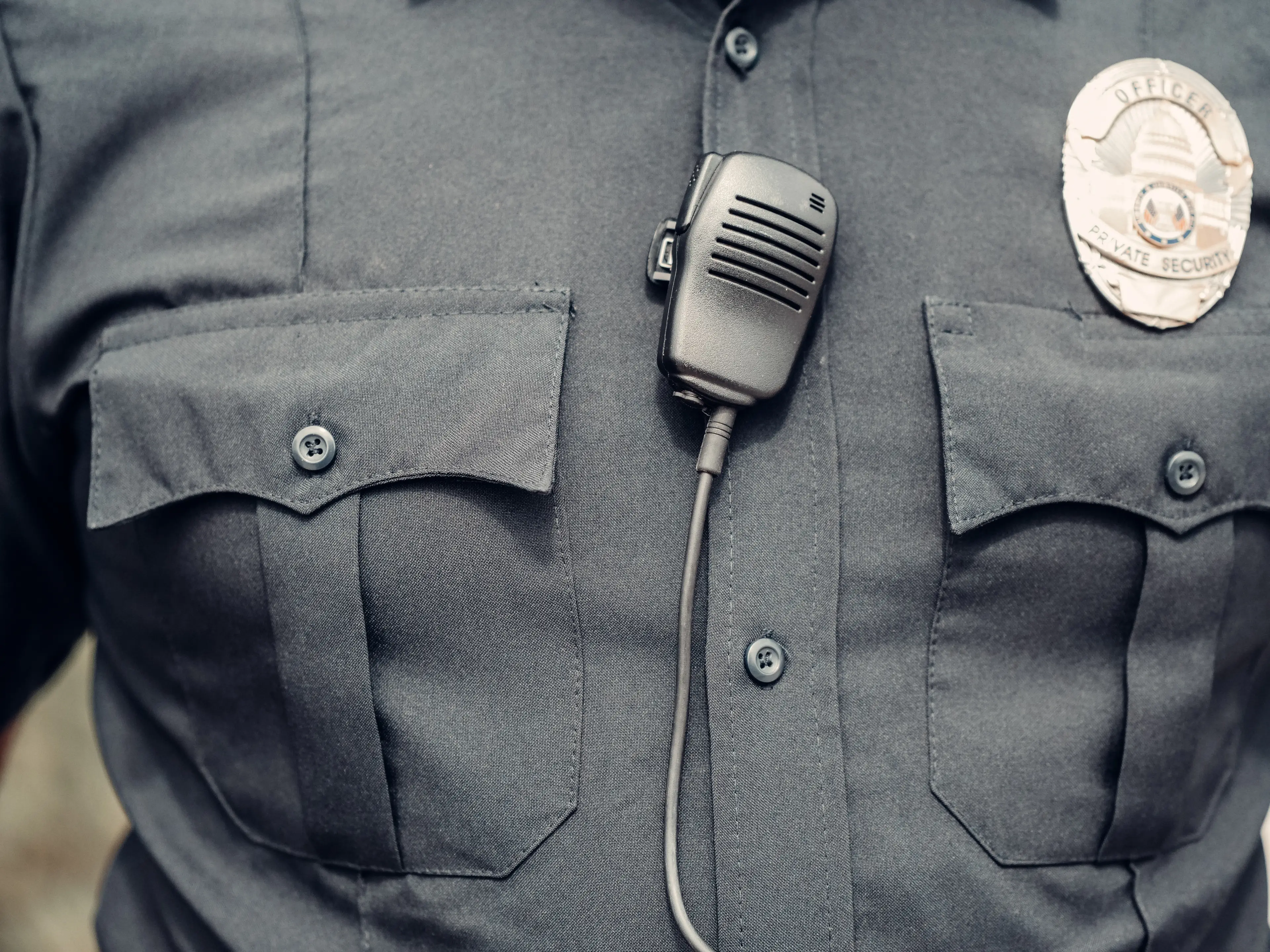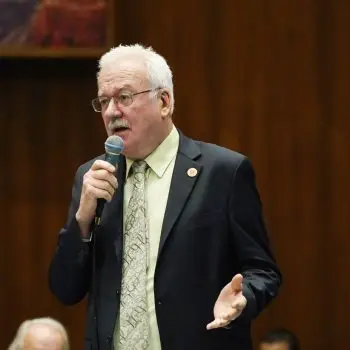
Filming a police officer in Arizona could now land you with a hefty fine or 30 days in jail.
A new law comes into effect on 24 September this year, which will make it illegal to film police officers in the state within a distance of eight feet (2.4m).
The law will mean those that don't adhere to a verbal warning and continue to film officers will risk a misdemeanour charge and up to 30 days in jail.

Advert
However, protests against the law claim it could be a a threat to free speech and the right to a free press. Police are often filmed by bystanders and footage can often provide vital evidence or even highlight an officer's misconduct being exposed.
The law does allow for some exemptions, including being allowed to record if they are the one being questioned by a police officer, if they are an occupant in a vehicle during a traffic stop, or if they are in a structure on private property where law enforcement activity is occurring.
State representative John Kavanagh is sponsoring the bill as it passes through to become law, and has argued that it is 'necessary'. He has said the law will be a protective measure because 'groups hostile to the police' sometimes 'get dangerously close to potentially violent encounters'.

Earlier this year in USA Today, he wrote: "Getting very close to police officers in tense situations is a dangerous practice that can end in tragedy.
"Police officers have no way of knowing whether the person approaching is an innocent bystander or an accomplice of the person they're arresting who might assault them."
However, his comments have been criticised and opposition to the law warns that it could discourage people from exercising their rights to film on public property, violating their constitutionally-protected First Amendment rights to free speech.
One group that has presented arguments against the law is the National Press Photographers Association. The industry group includes still and TV news photographers, who would have their roles restricted with the new law in place.

As a result, they've filed an objection to the law and argue that it 'runs counter to the clearly established right to photograph and record police officers performing their official duties in a public place', BBC News reports.
A previous version of the bill banned anyone within 15ft of police from recording, but was met with equal opposition.
Bystander footage has previously been praised for its ability to highlight police misconduct and brutality.
A video of George Floyd's death at the hands of Minneapolis police officer Derek Chauvin, which was filmed by a 17-year-old bystander, was later used as a key part in the case against the officer. As a result, Chauvin was sentenced to 20 years in prison for violating Floyd's civil rights.
If you have a story you want to tell, send it to UNILAD via [email protected]
